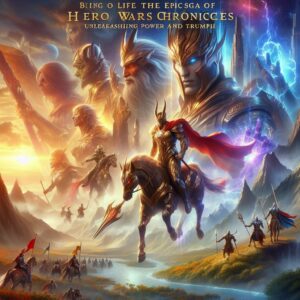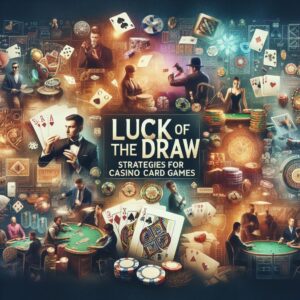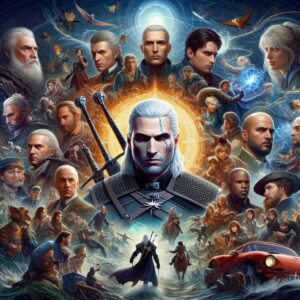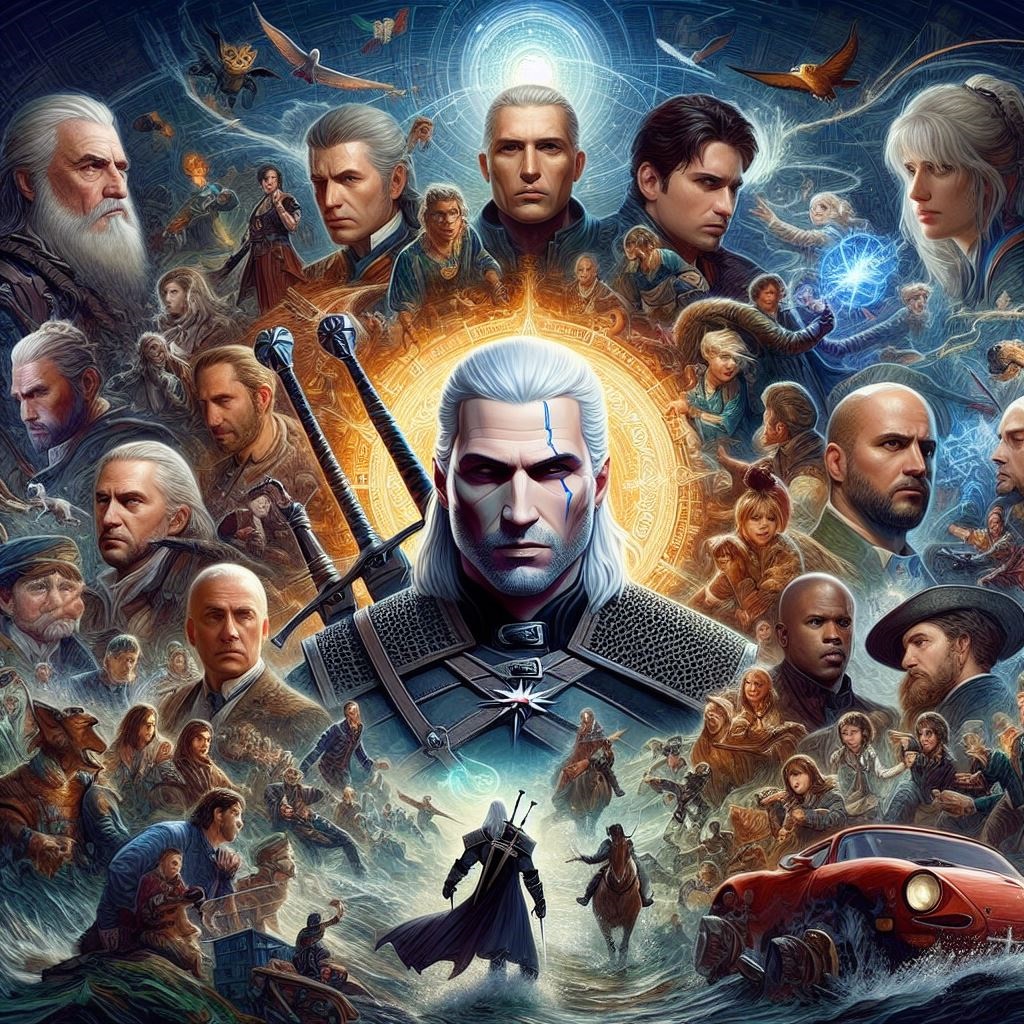
Explore the unparalleled rise of Geralt of Rivia, from literature to gaming and beyond. Discover the enduring legacy of The Witcher phenomenon and its impact on popular culture.
The Witcher, a fantasy book series by Polish author Andrzej Sapkowski, has captivated audiences around the world with its rich storytelling, complex characters, and immersive world-building. However, it was the critically acclaimed video game adaptations by CD Projekt Red that propelled The Witcher into the mainstream, transforming it into a cultural phenomenon. At the center of this phenomenon is Geralt of Rivia, the stoic and enigmatic monster hunter known as the Witcher. In this article, we’ll explore the rise of The Witcher franchise and delve into Geralt’s ascension as a cultural icon.
The Origins of The Witcher:
The saga began in the 1990s with Andrzej Sapkowski’s series of fantasy novels, which introduced readers to the world of The Continent—a dark and dangerous realm inhabited by humans, elves, dwarves, and other mythical creatures.
The books follow Geralt of Rivia, a Witcher—a genetically enhanced monster hunter imbued with supernatural abilities—as he navigates political intrigue, battles deadly monsters, and grapples with his own identity and morality.
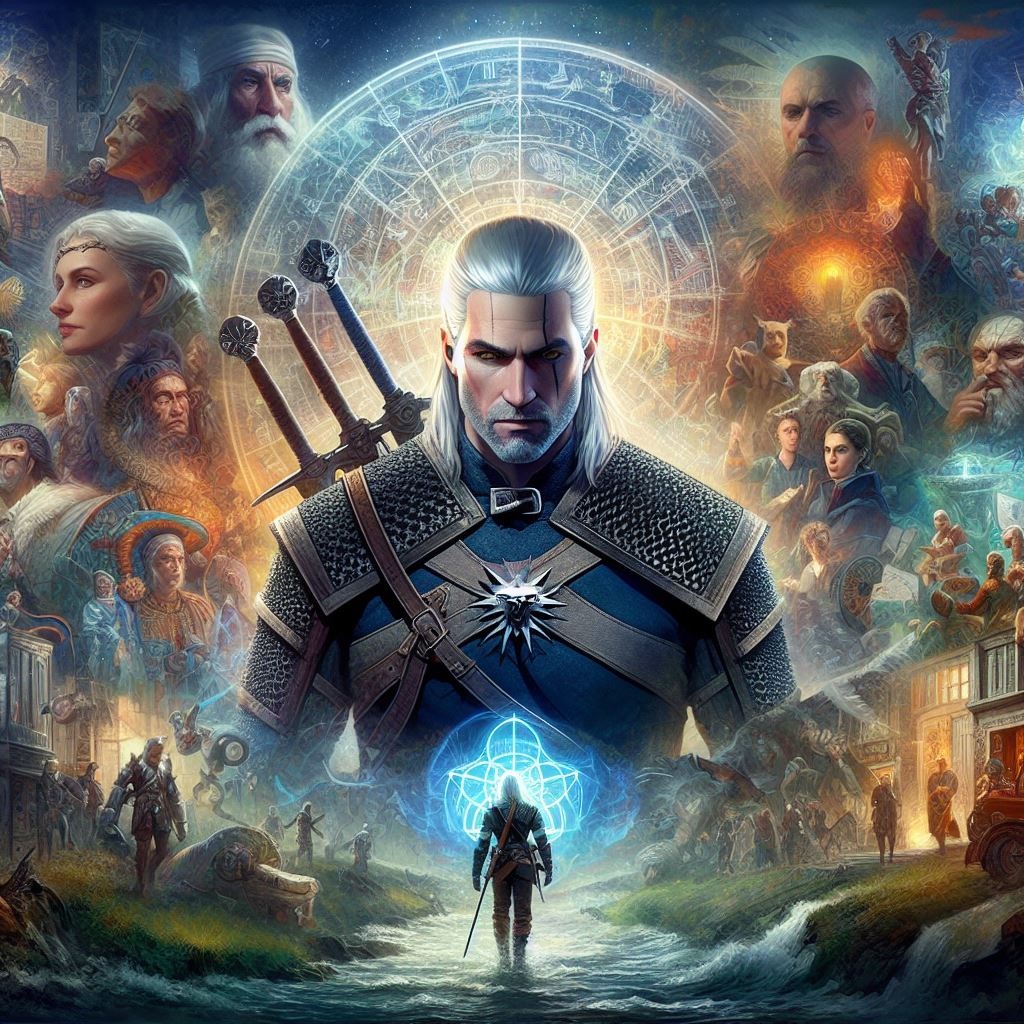
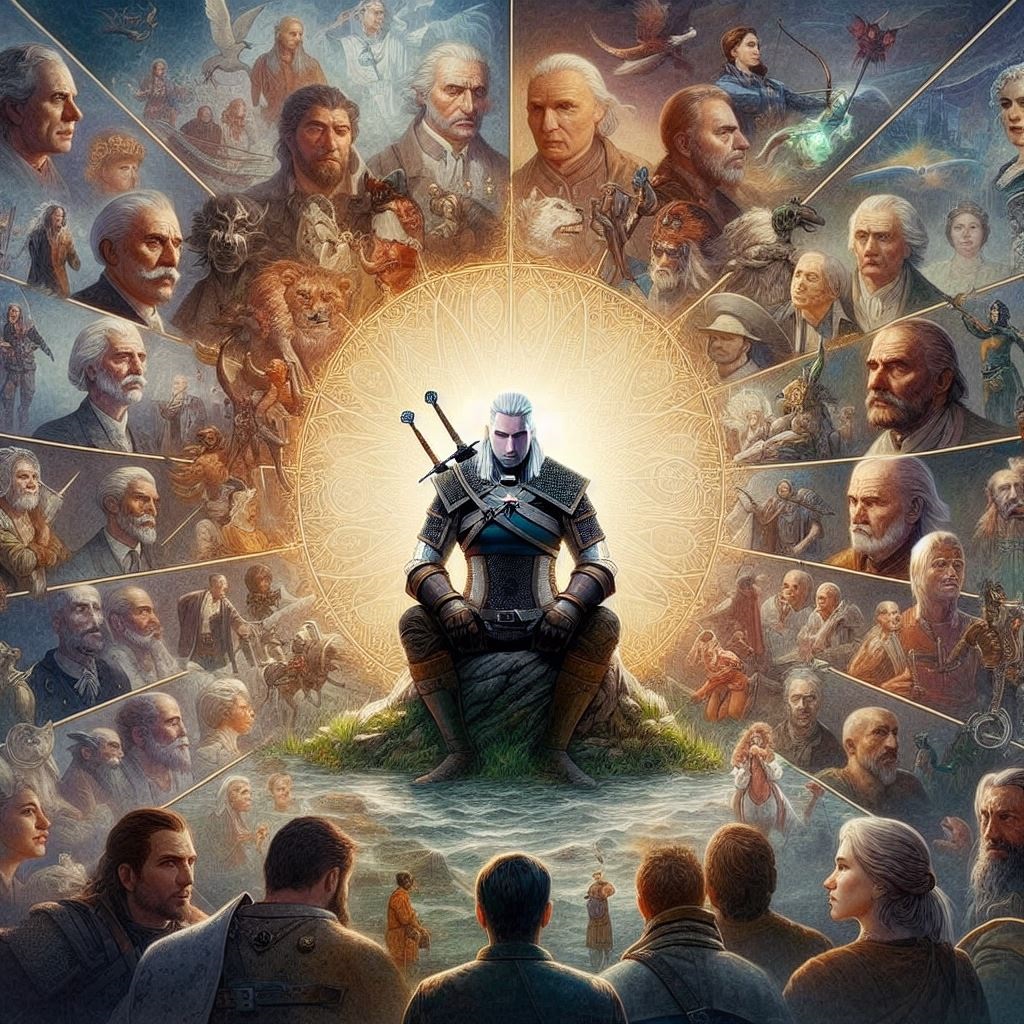
The Rise of the Video Game Adaptations:
In 2007, CD Projekt Red released the first installment in the video game series, bringing Sapkowski’s world to life in stunning detail. The game received widespread acclaim for its mature storytelling, complex characters, and morally ambiguous choices, cementing its status as a modern classic in the RPG genre.
Two sequels followed, with The Witcher 3: Wild Hunt, released in 2015, earning universal praise and numerous Game of the Year awards for its expansive open world, gripping narrative, and memorable characters.
Geralt of Rivia: The Iconic Protagonist:
At the heart of The Witcher franchise is Geralt of Rivia, the series’ iconic protagonist and a central figure in the world of The Continent. Geralt’s stoic demeanor, dry wit, and unwavering sense of morality have endeared him to fans around the world, making him one of the most beloved characters in video game history.
With his distinctive white hair, scarred face, and trademark silver sword, Geralt has become an instantly recognizable figure in popular culture.
The Witcher’s Cultural Impact:
The success of The Witcher franchise has had a profound impact on popular culture, influencing everything from literature and television to cosplay and fan art.
The video game adaptations introduced The Witcher to a whole new audience, sparking renewed interest in Sapkowski’s novels and inspiring spin-off media, including comic books, tabletop games, and a Netflix television series. The Witcher’s rich lore, complex characters, and morally grey storytelling have resonated with audiences of all ages, earning it a dedicated and passionate fanbase.
Geralt’s Legacy:
Geralt of Rivia’s legacy extends far beyond the confines of The Witcher franchise. He has become a symbol of strength, resilience, and moral integrity, embodying the archetype of the reluctant hero who fights for what is right in a world plagued by darkness and corruption.
Geralt’s journey from obscure literary character to cultural icon is a testament to the power of storytelling and the enduring appeal of well-crafted characters who capture the imagination of audiences around the world.
The Witcher’s Future:
With the recent success of the Netflix television series, The Witcher’s popularity shows no signs of waning.
The streaming adaptation, starring Henry Cavill as Geralt, introduced the franchise to an even broader audience, spawning new fans and revitalizing interest in the source material. CD Projekt Red has also announced plans for future Witcher projects, including a highly anticipated next-gen sequel and additional spin-offs set in The Continent, ensuring that Geralt’s adventures will continue to captivate audiences for years to come.
Conclusion:
The Witcher phenomenon represents a convergence of literature, video games, and popular culture, with Geralt of Rivia at its epicenter. From his humble beginnings in Andrzej Sapkowski’s novels to his portrayal in CD Projekt Red’s video game adaptations and the Netflix television series, Geralt has ascended to become a cultural icon beloved by millions around the world. As The Witcher franchise continues to evolve and expand, Geralt’s legacy as a symbol of heroism, integrity, and moral complexity will endure, inspiring fans and creators alike for generations to come.
FAQs (Frequently Asked Questions)
1. Who is Geralt of Rivia?
Geralt of Rivia is the central character in The Witcher series, a renowned monster hunter known for his distinctive white hair and stoic demeanor.
2. What makes Geralt a cultural icon?
Geralt’s complexity as a character, coupled with the immersive storytelling of The Witcher series, has cemented his status as a cultural icon transcending the boundaries of fiction.
3. How has The Witcher franchise expanded beyond the novels?
In addition to video games and a Netflix adaptation, The Witcher franchise has expanded through merchandise, spin-off novels, and even a tabletop role-playing game.
4. What themes does Geralt’s character explore?
Geralt’s character explores themes of morality, resilience, and the nature of heroism, offering a nuanced perspective on traditional fantasy tropes.
5. What is the significance of Geralt’s journey in popular culture?
Geralt’s journey symbolizes the enduring appeal of mythic storytelling and its ability to resonate with audiences on a profound and universal level.
